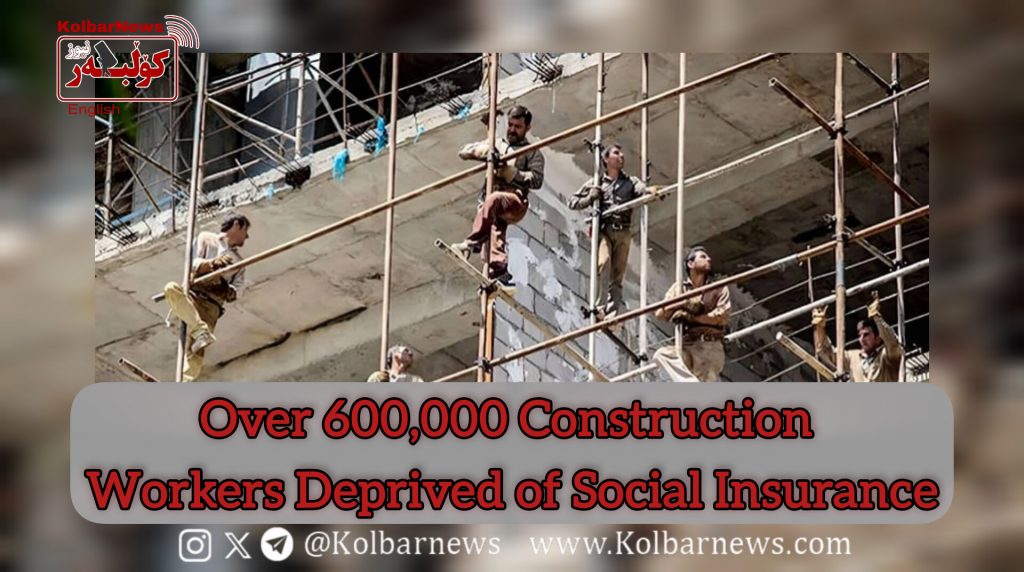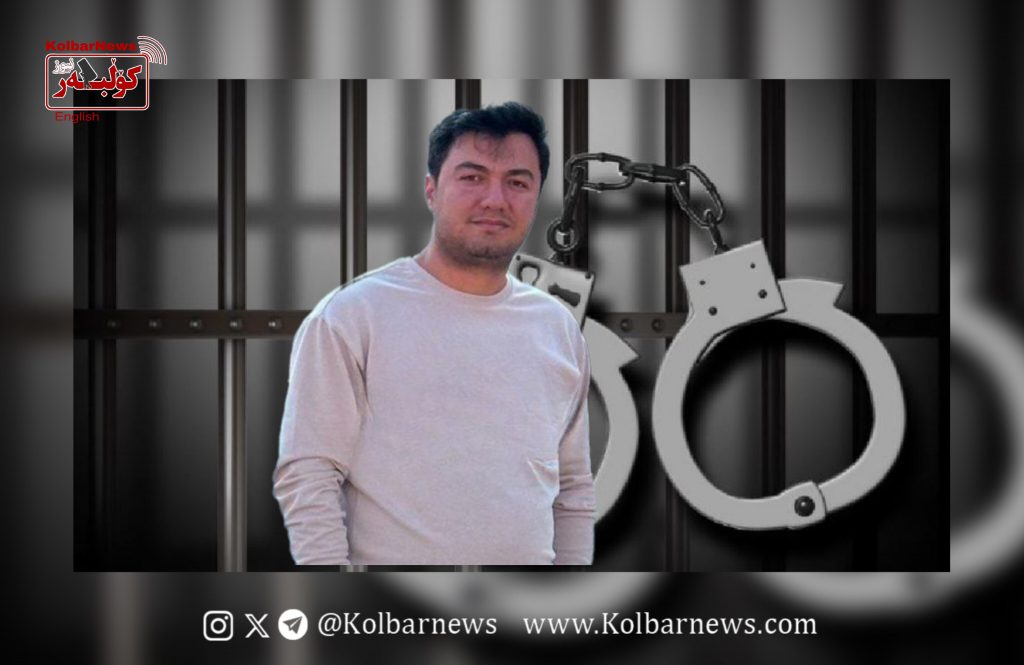
On Tuesday, November 26, the political news site Payam reported that more than 600,000 construction workers in Iran lack social security insurance, while even insured workers face the threat of losing their coverage. According to the report, insurance invoices are suspended every six months under the pretext of inspections, causing significant confusion and harm to construction workers. In recent years, Social Security officials have cited budget shortages to cut or reduce insurance benefits, while government directives have exacerbated the issue by enabling these cuts.
The report highlighted that despite the high-risk nature of construction work—responsible for 50% of occupational accidents—many workers are left without social insurance. Every 15–20 days, approximately 50 construction workers lose their lives, with an equal number suffering accidents that leave many permanently disabled. Construction workers are not entitled to unemployment insurance, retirement benefits, or other social safety nets, leaving them vulnerable in middle age and retirement.
This dire situation persists despite the significant revenues generated by municipalities through construction permits. A labor activist noted that municipalities annually collect trillions of tomans from permit fees. If they paid their 25% share to the Social Security Organization, all construction workers could be insured. For example, in 2023, municipalities earned 100 trillion tomans from construction permits, 25% of which—25 trillion tomans—would be sufficient to provide insurance for 1.2 to 1.3 million construction workers.
The Social Security Organization further exacerbates the burden on workers in various ways. A labor activist explained that during colder months, construction work often halts, particularly in western and eastern provinces. Workers migrate to warmer regions or temporarily seek alternative jobs. If Social Security agents discover a worker hasn’t worked for a few days, they terminate their insurance.
Despite these challenges, construction workers have sought to organize around key demands, including:
Wage adjustments proportional to inflation across all construction trades.
Lowering the retirement age from 60 to 55.
Classifying construction work as hazardous and physically demanding.
Ensuring compensation for work-related and non-work-related illnesses without preconditions.
Enforcing regulations requiring employers to contribute 7% of minimum wage as insurance premiums for construction workers.
A longstanding demand of construction workers has been the establishment of independent unions, but systemic oppression and the temporary nature of construction jobs have hindered this. Additionally, the workforce’s diversity—comprising Kurdish, Baluchi, Turkic, and other ethnic migrant workers scattered across the country—compounds organizational difficulties.
Nevertheless, experienced and resilient labor activists have emerged over the years, leading actions, raising awareness, and attempting to establish independent unions. While some successes have been achieved, government authorities and security forces, including the IRGC and Intelligence Ministry, have systematically dismantled these efforts through repression.
The exact number of construction workers in Iran is unclear, but estimates place the figure at around two million. This makes them a significant segment of Iran’s working class. Despite widespread exploitation, a burning sense of injustice unites them, fostering solidarity. Many Kurdish workers migrate to other regions and often build strong class consciousness and connections with workers from different areas. They also actively support Afghan workers, demonstrating solidarity across national and ethnic lines.
Given their numbers and awareness, construction workers represent an influential force within Iran’s broader movements for freedom and socialism.

